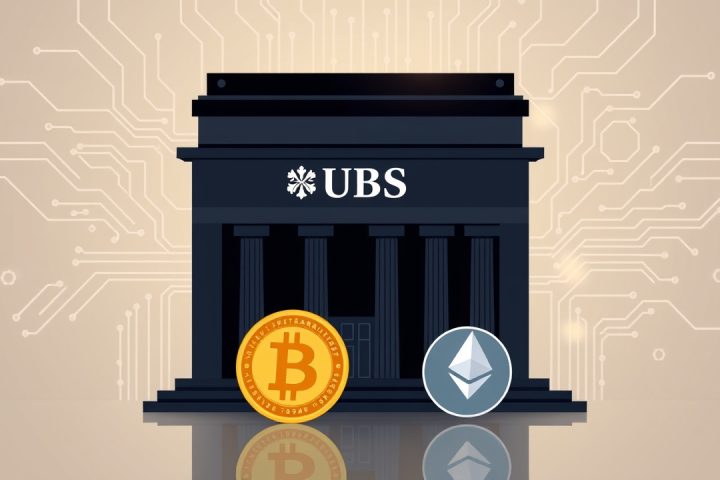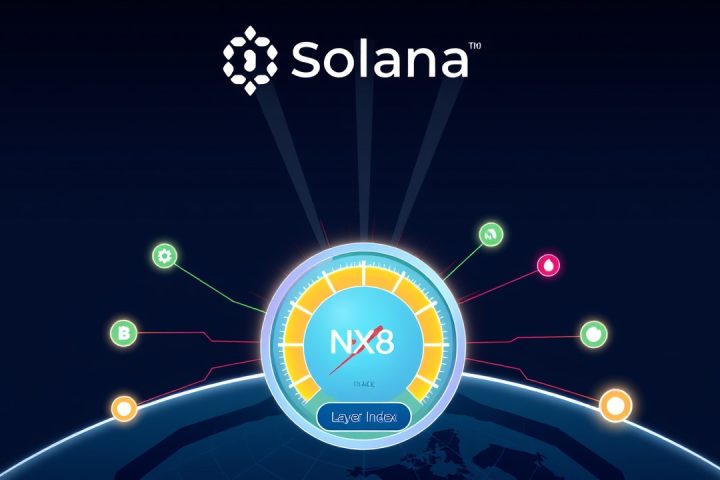Security Flaw and Emergency Upgrade
In April, a critical security flaw within the Solana blockchain prompted stakeholders to implement a rapid emergency upgrade aimed at preventing potential exploitation by malicious actors seeking to create and siphon off tokens. This swift response, however, has ignited discussions surrounding the network’s decentralization status and the implications of such coordinated actions among validators.
Details of the Vulnerability
On May 2, the Solana Foundation released a report detailing how a coalition of validators managed to devise two patches that rectified the vulnerability, which could have theoretically allowed unauthorized minting of tokens and illicit withdrawals from user accounts. Despite the fact that this vulnerability remained unexploited, the manner in which leading validator projects swiftly executed these patches—specifically on April 17—has led to scrutiny regarding the decision-making processes within the ecosystem.
Concerns Over Centralization
Grant Hummer, founder of Etherealize, a marketing firm aligned with the Ethereum ecosystem, criticized this rapid coordination, expressing concerns over the potential for collusion among participants to modify the protocol for ill-intentioned purposes. He posed a provocative question about the ramifications of such concentrated power:
“If your chain can hard fork overnight with just a small consortium of datacenter validators convening in a Discord chat room, what else could potentially be done in secrecy? Could assets be stolen, frozen, or deleted at will?”
Hummer also speculated on the risks posed by hypothetical coercive actions against key individuals in the network, like Anatoly Yakovenko, co-founder of Solana Labs. In comparing Solana’s response to scenarios involving other cryptocurrencies, he noted that while Bitcoin and Ethereum developers might act similarly, the time and level of coordination required would differ significantly. He concluded by arguing that such a nimble response undermines the notion of blockchain’s decentralized ethos, labeling it more akin to sections of a company than a truly decentralized network.
Ongoing Scrutiny
This emergency upgrade marks the second instance Solana has had to rapidly address a significant security concern, drawing parallels to a similar incident in August, which also raised red flags about the network’s structural integrity.
Additional context suggests ongoing scrutiny of Solana’s ability to maintain a balance between security and decentralization amidst its growing popularity, as the blockchain aims to scale operations further, with ambitious goals such as handling up to 1 million transactions per second.




